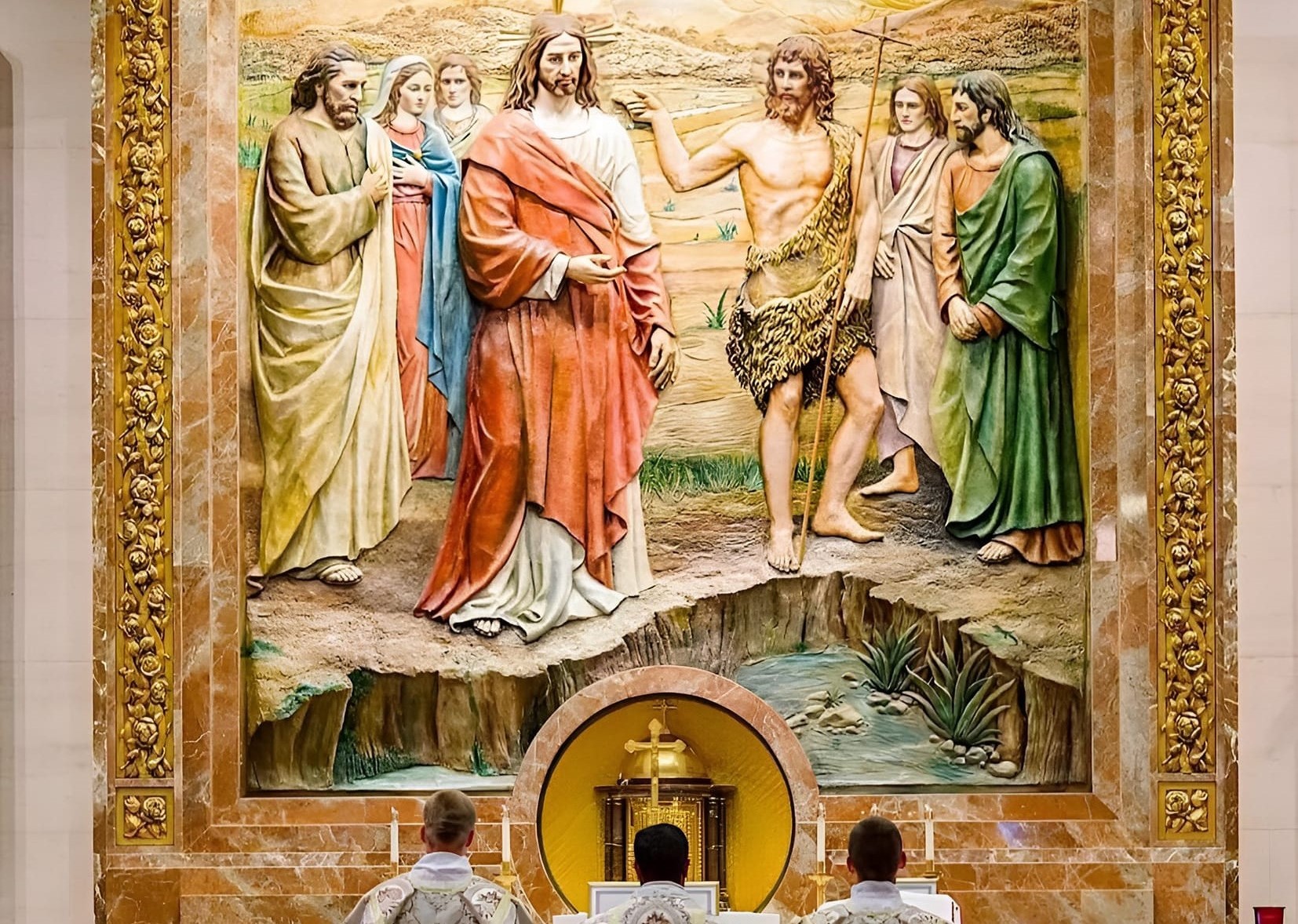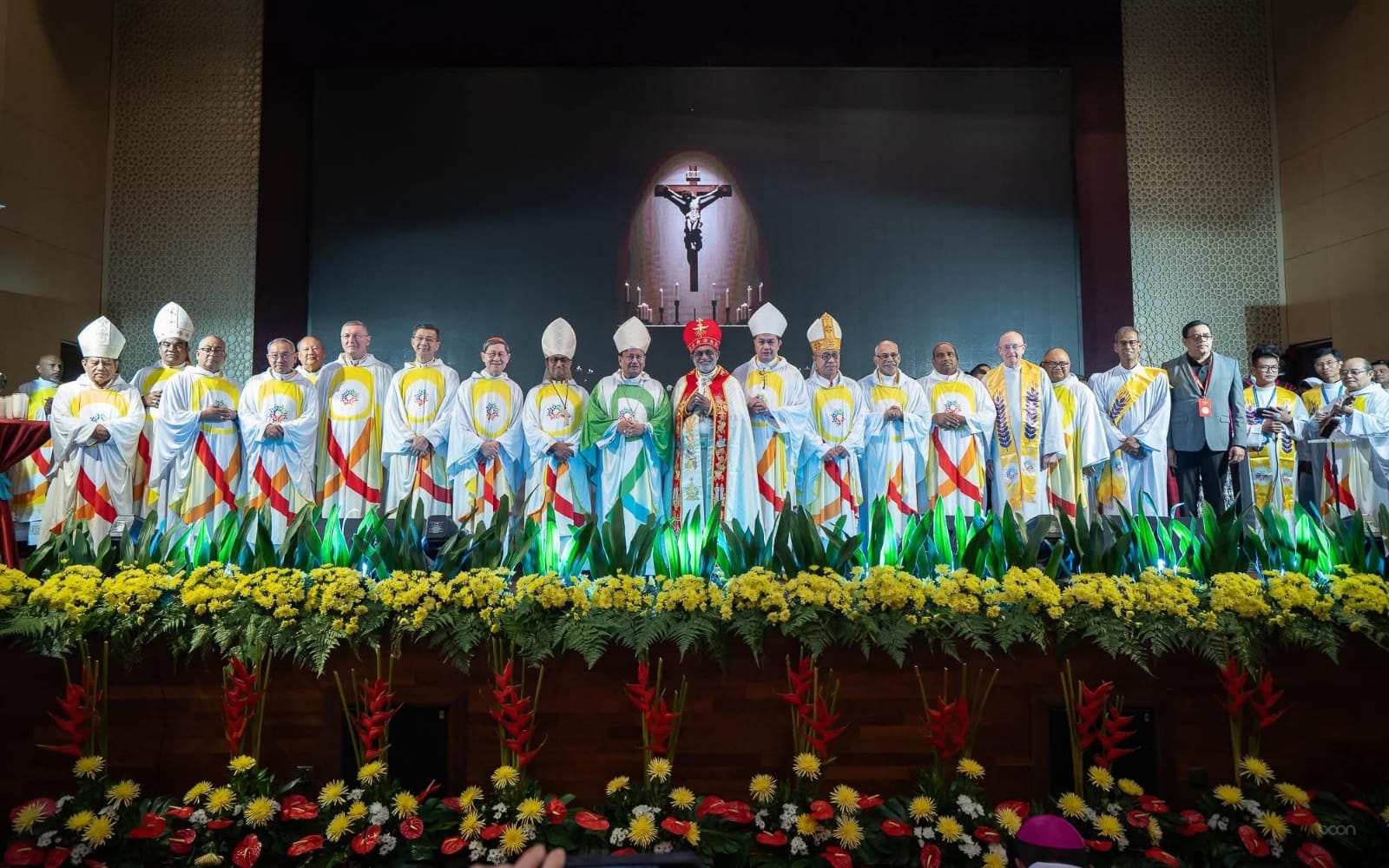Christmas Day is among the most celebrated feasts in the world. Everything else in life stops while the Christian world, in particular, celebrates the birth of the Savior of the World that took place over 2,000 years ago in the small town of Bethlehem. The first Christmas was celebrated by Mary and Joseph, but a multitude of angels saw to it that poor shepherds from the nearby fields joined the celebration as representatives of the entire Christian world to come. Though the Incarnation took place nine months prior when the Archangel Gabriel announced to the Blessed Virgin Mary that she would conceive a Child, that Child exited her sacred womb and breathed His first breath of air on that holy night.










